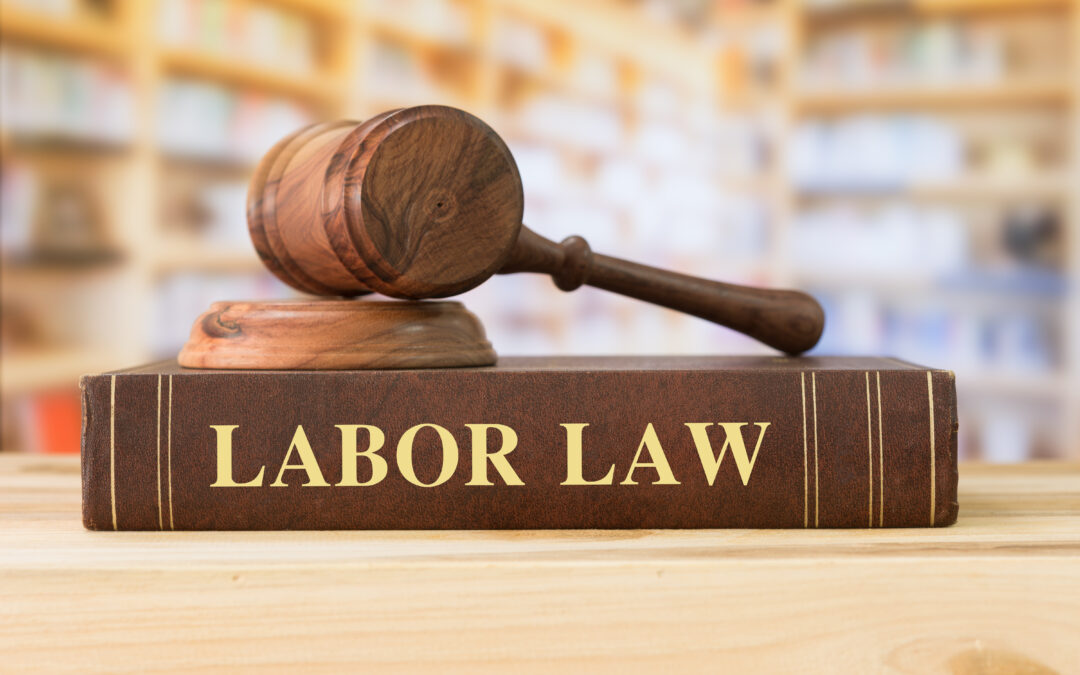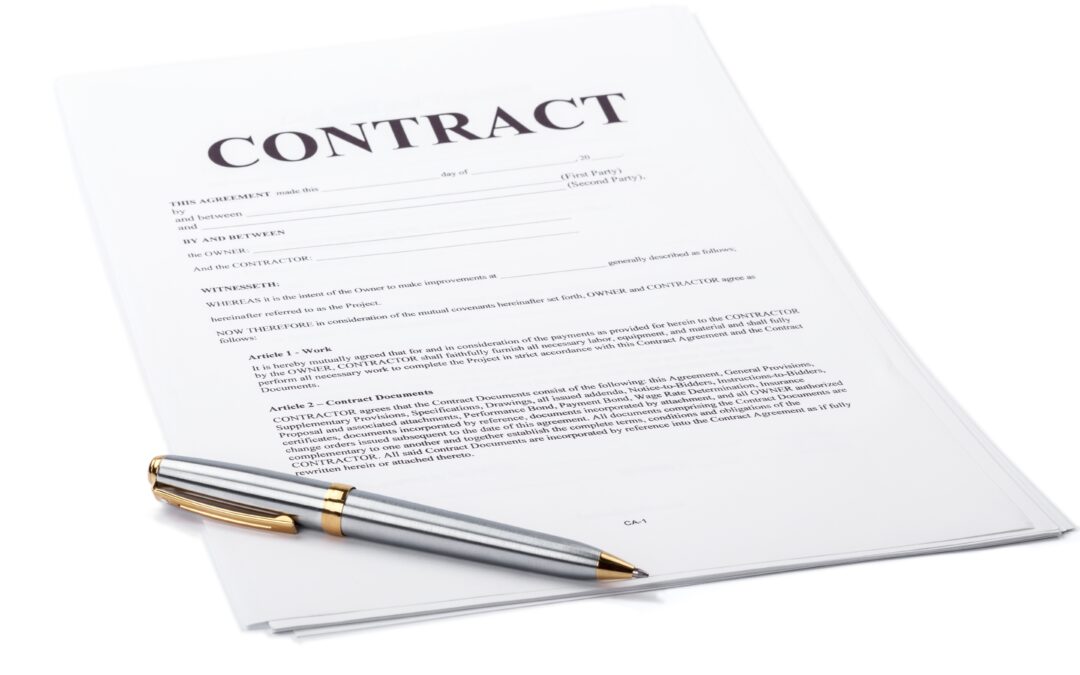Essential facts of the operating agreement in the case of McLure v. Ghost Town in the Sky, LLC, an amusement park in Maggie Valley, NC.

Love Pickleball? Register By April 26, 2024 for the Revolution Law Group Open (May 3-5)

Essential facts of the operating agreement in the case of McLure v. Ghost Town in the Sky, LLC, an amusement park in Maggie Valley, NC.

The DOL announced on 9 Jan 2024 a new rule that replaces the 2021 Independent Contractor Rule and provides guidance on how to analyze who is an employee or independent contractor under the FLSA.

In a recent case, the United States Court of Appeals for the Second Circuit was called on to examine who owns a social media account: the creator of the account or her employer?

The primary objective of the CTA is to create a more robust framework for collecting and maintaining beneficial ownership information of certain entities in the United States.

Here are a few best practices to avoid misclassifying employees as independent contractors which may result in fines from the DOL and IRS.

Here are are seven Federal regulations that apply to compliance program that a practice must follow.

There are many laws both federal and state that protect trade secrets. Most conform to the Uniform Trade Secrets Act which imposes both civil and at times criminal...

Candidates need to be hired based on objective data not for subjective reasons. While there is no law that says you cannot hire hire someone based on your gut feeling, you will have to be prepared to defend it if something ever comes up later with a candidate not being hired.

Even if all parties agree to the terms, a verbal contract for the sale of real property is unenforceable. The reason is due to a legal doctrine called the Statute of Frauds.

A Court of Appeals of Virginia recently grappled with the question of fair damages in the case of a beloved pet injured in the care of a veterinarian.